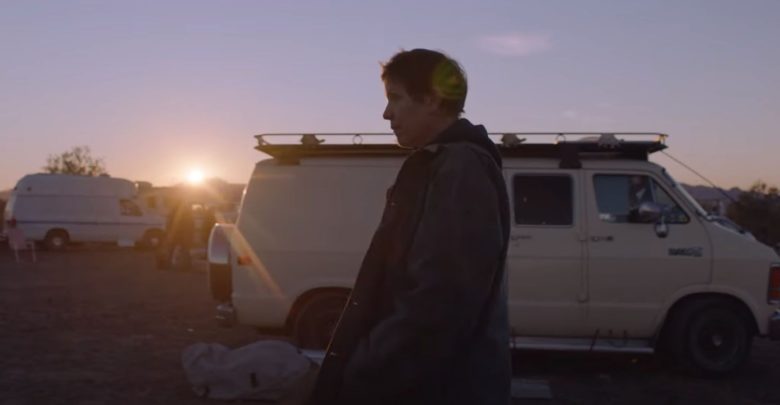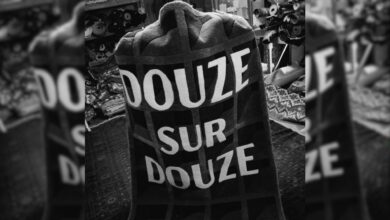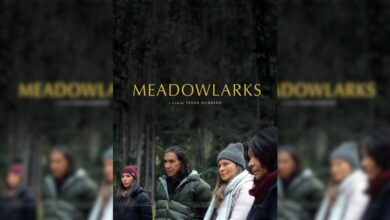Film Review: Nomadland
Nomadland is a must-see reimagining of the Western, told through the eyes of an aging nomad with nothing left to lose
 Searchlight Pictures
Searchlight PicturesAs COVID-19 restrictions continue into the year’s colder months, Nomadland will be the film to sweep you far away and keep your heart warm.
If you’ve spent any substantial amount of time on YouTube, you’ll have likely come across “van life” videos, where people who live in a van, car or mobile home share about their lifestyle. Many of these videos have sleek and stylish aesthetics glamourizing the experience of nomadic living (such as this one), but they fail to authentically depict the full reality of what it’s like to live out of one’s vehicle. By contrast, the film Nomadland, based on the 2017 autobiographical novel of the same name by Jessica Brauder, doesn’t falter when it comes to depicting “van life” in all of its intricate details, even the less appealing ones.
When the 2008 recession causes sexagenarian widow Fern (played by two-time Academy Award winner Frances McDormand) to lose almost everything, she decides to leave her small Nevada town in order to pursue a nomadic lifestyle across the Western United States. Living in the back of her van and going from job to job (including working in an Amazon warehouse and a campground), Fern encounters scenic vistas, experiences the freedom of not being tied to any one group or place, and sparks meaningful relationships with other nomads.
The supporting cast is largely made up of real-life nomads who add veracity and heart to this quietly touching road movie. As a fictional version of himself, YouTuber and van life guru Bob Wells delivers an arresting performance showcasing the humanity and emotional weight of what it means to embrace a nomadic life. He is full of the kind of strength, love and hurt that cannot be faked, which makes for a deeply moving viewing experience.
Nomadland doesn’t follow a conventional story structure with a rising action and climax, but instead has a “there and back again” arc to it. Think Mad Max: Fury Road, but with less explosions and more contemplation. Also, like Mad Max, Nomadland features minimal substantial dialogue, instead choosing to emphasize the physical performances of its many talented actors and the beautiful landscapes they occupy. Within the first few minutes we see Fern stop on a desolate prairie road to go relieve herself in the bushes, and it is a magnificent and honest portrait of the freedom offered by a nomadic lifestyle.
Nomadland is, in my opinion, deserving of all of the praise it’s receiving, Golden Lion included. It’s both a topical piece of social filmmaking and a beautifully poetic character piece, working hard to humanize marginalized and misunderstood modern American nomads while reimagining the possibilities of storytelling in the Western United States. Nomadland subverts The West — where in traditional cinema its works as the backdrop for noble settlers, macho gunslingers and chivalrous cowboys — and makes it a playground for a sixty-year-old woman searching for freedom and happiness in her twilight years.




